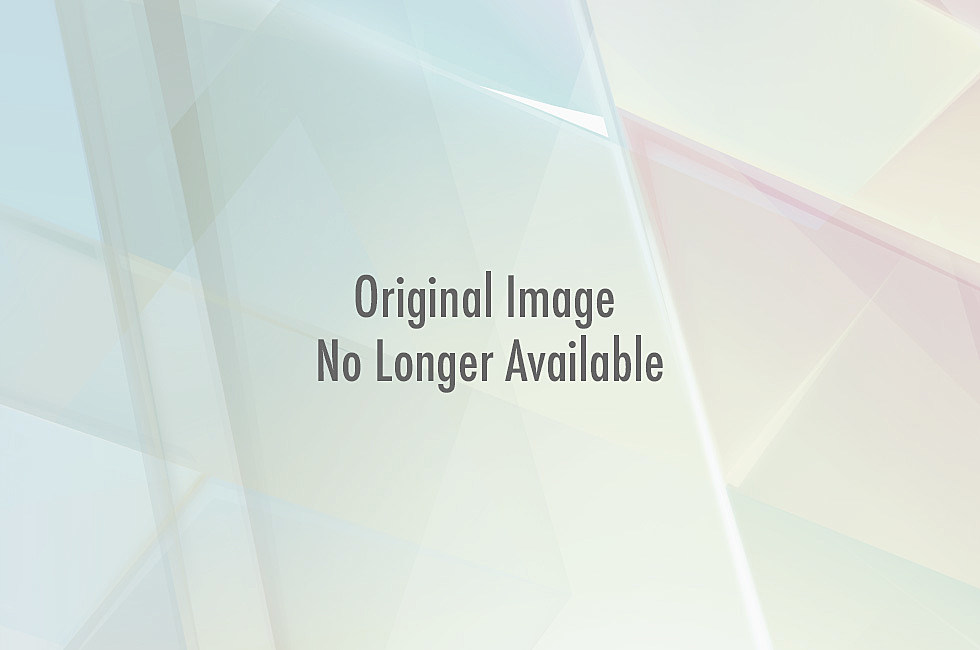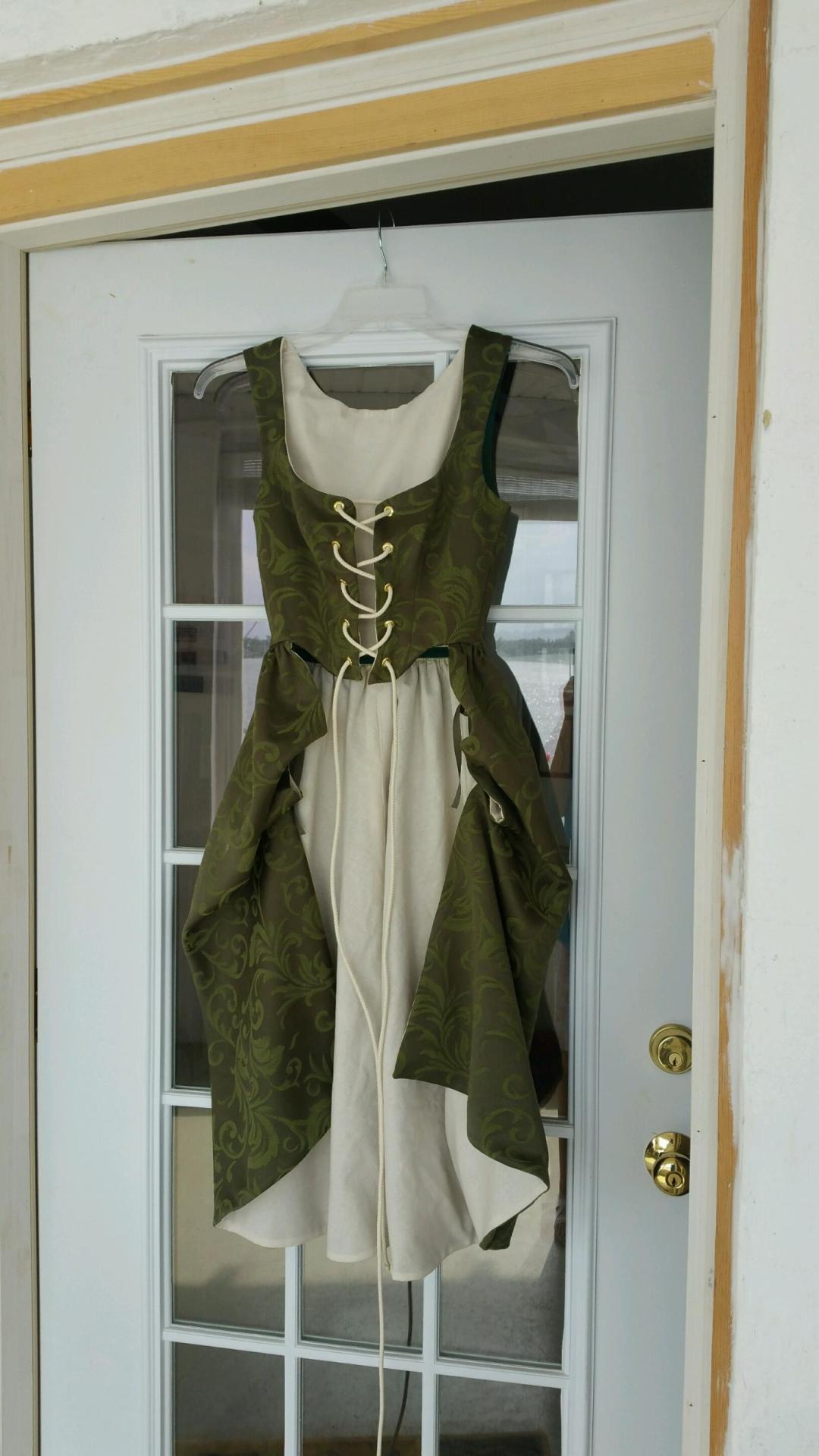I remember when Tomb Raider came out. Not the game, but the movie with Angelina Jolie. Terrible movie. But I enjoyed it. All the temple shenanigans and adventure and lets be honest, seeing Jolie, it was all perfectly entertaining when I was young. Honestly, if I turned on the tube right now and saw the first movie playing, I might consider watching all of it. But then I won’t, because I found something better.
Surprise! This post isn’t about Tomb Raider. It is instead about Shutter. No not the dumb horror movie…the comic book! by Joe Keatinge and Leila Del Duca.

When I first found this Image series I was like, “wait…is this just Indiana Jones with a female lead, so…Tomb Raider?” So I quickly flipped through the first issue at which point the ghostly hand of Keatinge reached out of his written words and slapped me across the face and waved its index finger back and forth.
The story has an energy to it that keeps you going, never forgetting to create new questions while answering old ones. But I want to talk about Leila Del Duca’s art. An astronaut, a minotaur, a triceratops, an anthropomorphic fox and lion, a robot that looks like Tik-Tok, an alarm cat, a dragon like thing with a skull, a skeleton butler…is there anything she cannot draw? It is to the point where she imitates the styles of past comic artists. In one issue, there is a segment that is done in the style of Winsor McCay’s Little Nemo (couldn’t find a picture, sorry).


This visual inventiveness and willingness to try various things (ranging from having a main character that is multiracial and a best friend that is transgender) makes me very excited as a reader. If there is one thing that I absolutely love about comics, it is that it is collaboration (I am considering only projects in which the writer isn’t also doing the art. Although rare, there are some creators who do everything). The way Duca explained it in an interview is that Keatinge only says a couple of things in terms of art direction when he gives her the script. He would tell her that the character must be seated next to an astronaut here. But that is it. Everything else he leaves up to her. Keatinge is an example of a comic book writer who does not encroach into the territory of the artist that he is working with. She is not drawing for him. There is no artistic hierarchy. Keatinge gets last say in his side of the medium while Duca gets her say on her area of expertise. But this is not to say that they don’t ask each other for opinions. It is through this form of collaboration, amazing projects are produced – when two artists discuss how to make something right, not about who is right or wrong. This is the true definition of collaboration.
The comic book loving community also upholds this strong sense of collaboration. There is little to no sense of competition, of jealously. Instead, artists celebrate the success of their contemporaries because nothing gets you more excited about working in your medium than seeing a friend of yours create a wonderful new project that directs the medium in new ways. I myself find influences for specific projects/content outside of the medium that I work in, but other writers instigate the initial spark of enthusiasm that springs within me time and time again.
I will not lie; I have started to look for artists to work with. Comic books have certainly reinvigorated my creative hunger. My palate has expanded. Let me leave you with Alarm Cat. There is never enough Alarm Cat.






 We arrived the next day in class to share our unique results of our individual journeys to the Dreamlands. Many of us had chosen the same pictures to represent a different character in each story. The studious man with the curly hair and the fitted vest was the proud, vain protagonist of one classmate’s story, while he happened to be the neighbor’s stuttering cousin who comes to visit one summer and falls in love with my main character. No two stories were alike, even when we used the same pictures!
We arrived the next day in class to share our unique results of our individual journeys to the Dreamlands. Many of us had chosen the same pictures to represent a different character in each story. The studious man with the curly hair and the fitted vest was the proud, vain protagonist of one classmate’s story, while he happened to be the neighbor’s stuttering cousin who comes to visit one summer and falls in love with my main character. No two stories were alike, even when we used the same pictures!
